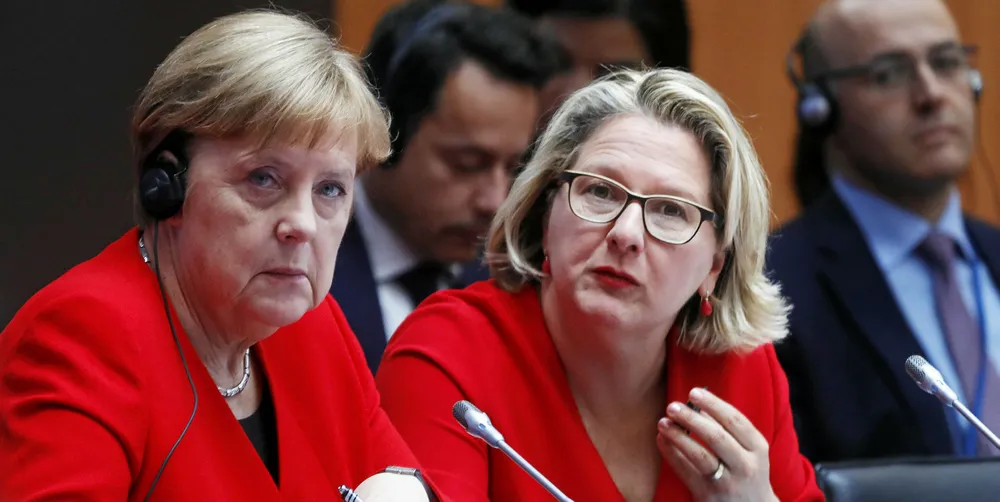German government agency says Merkel climate plan doomed to failure
A flagship 2030 action package would not push down emissions as targeted, a study for the government's own environmental protection agency finds

A flagship 2030 action package would not push down emissions as targeted, a study for the government's own environmental protection agency finds
